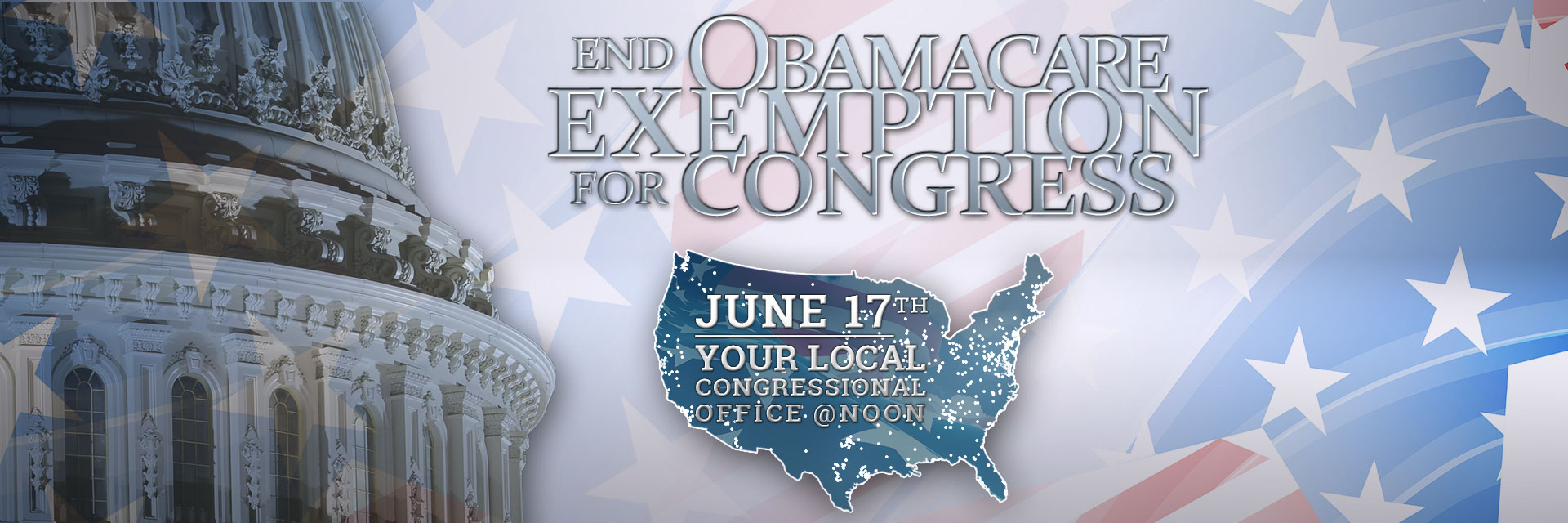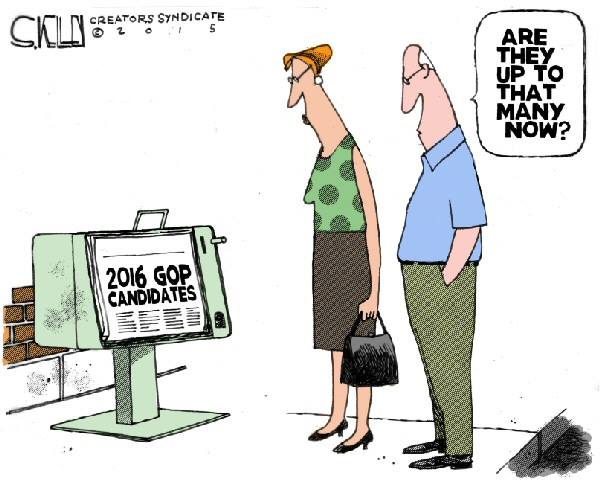Art credit: crooks and liars.com
The King
vs. Burwell case is expected to be decided by the Supreme Court at the end of
June. The SCOTUS could strike down Obamacare subsidies in 34 non-exchange
states. Here is an interactive map showing the status of each state and its
health care exchanges. Ohio is
one of seven states categorized as “Federally facilitated marketplace; state
conducting plan management.”
Last
week, Betsy McCaughey identified the potential winners and losers if SCOTUS
strikes down the subsidies:
If Supremes slap
ObamaCare, it’s health insurers who lose
. . . the Supreme
Court ruling in King v. Burwell, expected this month . . . will determine the
fate of these subsidies in 37 states.
Without subsidies,
ObamaCare buyers in those states will have to pay the actual — and unaffordable
— sticker price of ObamaCare. And you — taxpayers — will not have to fork over
hundreds of billions of dollars to subsidize insurers over the next decade.
But the dirty
secret is that insurers stand to lose the most from King v. Burwell.
The Affordable Care
Act compels the public to buy their product, and forces taxpayers to subsidize
it. What a sweetheart deal.
The giant players —
United Healthcare, Cigna, Aetna, Anthem and Humana — have seen stock prices
double, triple, even quadruple since the law was passed in 2010. The coming
ruling threatens to put an end to their gravy train.
Democrats are
predicting disaster if the court rules against President Obama.
Republicans will
“rue the day” they let millions of people lose their subsidies, says Nancy
Pelosi. That’s crazy talk.
No one will lose
their coverage immediately, the poor will be unaffected and the biggest losers will
be insurance companies.
Employers,
job-seekers and taxpayers actually stand to win here.
In addition, most
Republicans in Congress are inclined to compromise with the president to
provide some type of financial help for insurance buyers. If the Supremes gut
ObamaCare, there will be many more winners than losers. Here’s how it shakes
out:
The Affordable Care
Act says subsidies will be provided only in states that set up their own
exchanges. But only a handful of states (including New York) did.
In 37 states that
didn’t, people use the federal healthcare.gov Web site instead. The Obama
administration handed out subsidies to these people anyway, playing fast and
loose with the law — and your money.
If the justices
rule that the Obama administration can’t do that, some 7.7 million people will
eventually lose their subsidies.
. . .
Insurance companies
are lobbying furiously for a congressional fix.
Meanwhile, outside
Washington, DC, a ruling nixing the subsidies will benefit employers and
job-seekers.
Any of the 37
states that want to can set up an exchange and immediately qualify for the
subsidies. But most are controlled by the GOP and won’t do it.
Without subsidies,
the employer mandate is toothless, because employers are only fined if their
uninsured workers go to an exchange and get a subsidy.
Employers who have
been struggling to keep their workforce under 50 (where ObamaCare kicks in) and
use part-timers (who aren’t subject to ObamaCare) won’t have to worry any more.
Nullifying the employer mandate is likely to ignite a hiring boom.
According to the US
Chamber of Commerce, that looming mandate has caused 21 percent of small
businesses to reduce workers’ hours, 41 percent to delay hiring and 27 percent
of franchises (such as fast-food restaurants) to replace full-timers with
part-timers.
People facing a
penalty for being uninsured will also come out ahead. Without subsidies, most
will be exempted from the penalty, saving them $2,000 on average next year.
Despite Democrats’
dire warnings, the poor won’t be hurt. An amazing 89 percent of people who are
newly insured because of ObamaCare are on Medicaid, which won’t be affected.
Ignore the alarmist
rhetoric. A loss for the Obama administration in King v. Burwell will be a win
for most Americans.
Read the entire article here.
# # #












